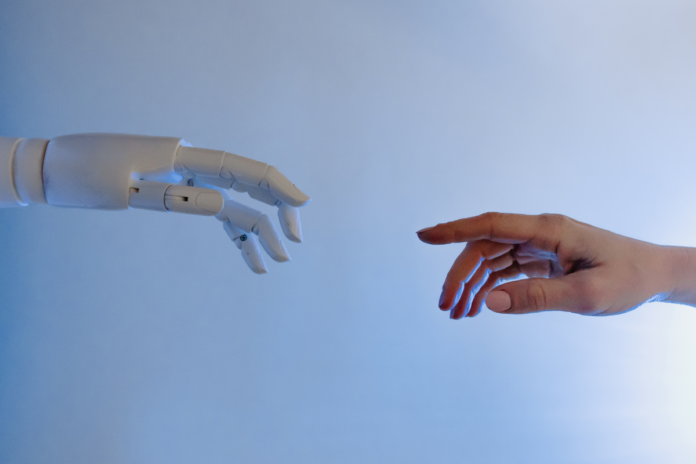By: Nick Gambino
Every corner of the internet has been abuzz about ChatGPT over the last couple of months. The high-powered AI chatbot has some giddy with all they can do with the tool while others are gripped by fear of what a human-like AI could mean for their jobs.
Now the creators of ChatGPT, OpenAI, have announced their newest iteration of the AI – GPT-4. This next-generation AI chatbot is very similar to the last one but has a ton of new tricks to threaten your job. Just kidding, but also, not really.
“GPT-4 is more creative and collaborative than ever before,” OpenAI says in the announcement on their website. “It can generate, edit, and iterate with users on creative and technical writing tasks, such as composing songs, writing screenplays, or learning a user’s writing style.”
I guess as a writer and as a screenwriter this whole “generate” screenplays and other writings is an affront to what makes my work unique – me. Of course, AI can mimic a human and the way a human talks and writes, but is that enough? Just because you can approximate a soul doesn’t mean you have one.
A perfect example is when you feed basic prompts into ChatGPT and ask it to write a movie scene. It’ll generate a properly formatted scene with good grammar and syntax but that’s about it. The material is perfunctory without a clear viewpoint or assessment of human interaction.
There’s something missing and that something is a soul, or a human, if you don’t want to get all spiritual about it.
Ok, enough soapboxing, back to GPT-4. To the general user the conversational AI chatbot will seem much the same. The difference is in what it can do. According to OpenAI it’s better at what it’s built to do, which is to solve problems and generate creative works. It can also process images which is not something its predecessor was capable of.
Like most AI, its full capabilities are not yet known. Only time will tell whether it’s going to be able to do certain creative tasks better than us humans. I hope and I believe it won’t, but I also don’t want to be the dinosaur screaming at the incoming asteroid.










